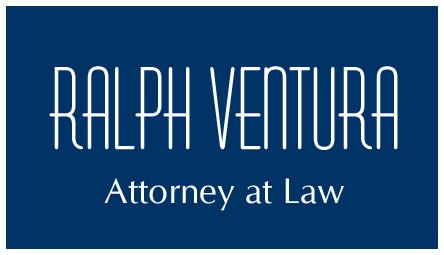Why Gifting a Home May be a Bad Idea
On many occasions, older homeowners may wish to make lifetime gifts of their home to their children or other eventual heirs. If the homeowners intend to downsize anyway then why not cut to the chase and just gift the larger home? At one time, this might have made sense. Today, however, for many people such a lifetime gift may come with the unintended consequence of significant tax liability for the recipient of the gift.
In 2002, estates valued at $1M or less ($1.7M in 2022 dollars) were exempt from the federal estate tax (pejoratively known as the “death tax”). In 2023, that value has soared to include estates valued at $12.92M or less for individuals and $25.84M or less for married couples.
Whereas in previous years, a goal of estate planning was to dispose of assets during a person’s lifetime, the current high thresholds mean that many well-off people may never need to consider the federal estate tax in their estate planning. Consequently, people may now keep assets in their estates that in previous years they might have needed to distribute as lifetime gifts. This arrangement may avoid increased tax liability for the recipient.
First, two terms. “Basis” is the value of a capital investment for tax purposes, generally calculated from the time of acquisition. In relation to an inherited home, “stepped-up basis” refers to a tax policy that considers the market value of an asset at the time a person inherits the asset instead of the value when the prior owner (testator, grantor, or settlor) first acquired the asset.
If a homeowner decides to gift their home during their lifetime, the asset will generally be valued for tax purposes at the homeowner/grantor’s original purchase price. When the recipient eventually sells the home, they may incur significant tax liability as the capital gain is calculated from the date of the grantor’s acquisition and the home would likely have realized significant appreciation in value over the years.
However, when an individual inherits a home the value of such property for tax purposes is calculated as of the date of the grantor’s death, and not from the date of grantor’s original acquisition. The value has essentially been stepped-up to the current market value. In cases where the grantor owned the home for many years, or even decades, this stepped-up basis can realize significant tax benefits, especially if the home has appreciated considerably over many years. As such, when the individual then sells the inherited home, there may be little individual tax due on the gain from such a sale.
Therefore, an heir or trust beneficiary enjoys a step-up in basis, meaning that the heir or beneficiary would be taxed at the current market value, i.e., stepped-up basis, rather than the value when the grantor acquired the property. Essentially, this stepped-up basis accounts for appreciation of the property over many years, or even decades. However, a recipient of an appreciating property gifted during the lifetime of the grantor may not enjoy the stepped-up basis and as such may be taxed on the capital gain based on the grantor’s original acquisition cost. In cases where property had been owned by a grantor for decades, this tax burden might prove significant.
Consequently, distributing a home as part of an estate, specifically as part of a trust, has the added benefit of giving beneficiaries the settlor’s stepped-up basis, potentially saving significant sums in individual taxes upon the sale of the property. A lifetime gift, however, may result in unexpected and significant tax liability upon the sale of the same property and as such, may not be recommended in most cases.
***
This article is provided for informational purposes only and is not intended as legal advice. For further inquiry, please feel free to contact me at the email or telephone listed below.

